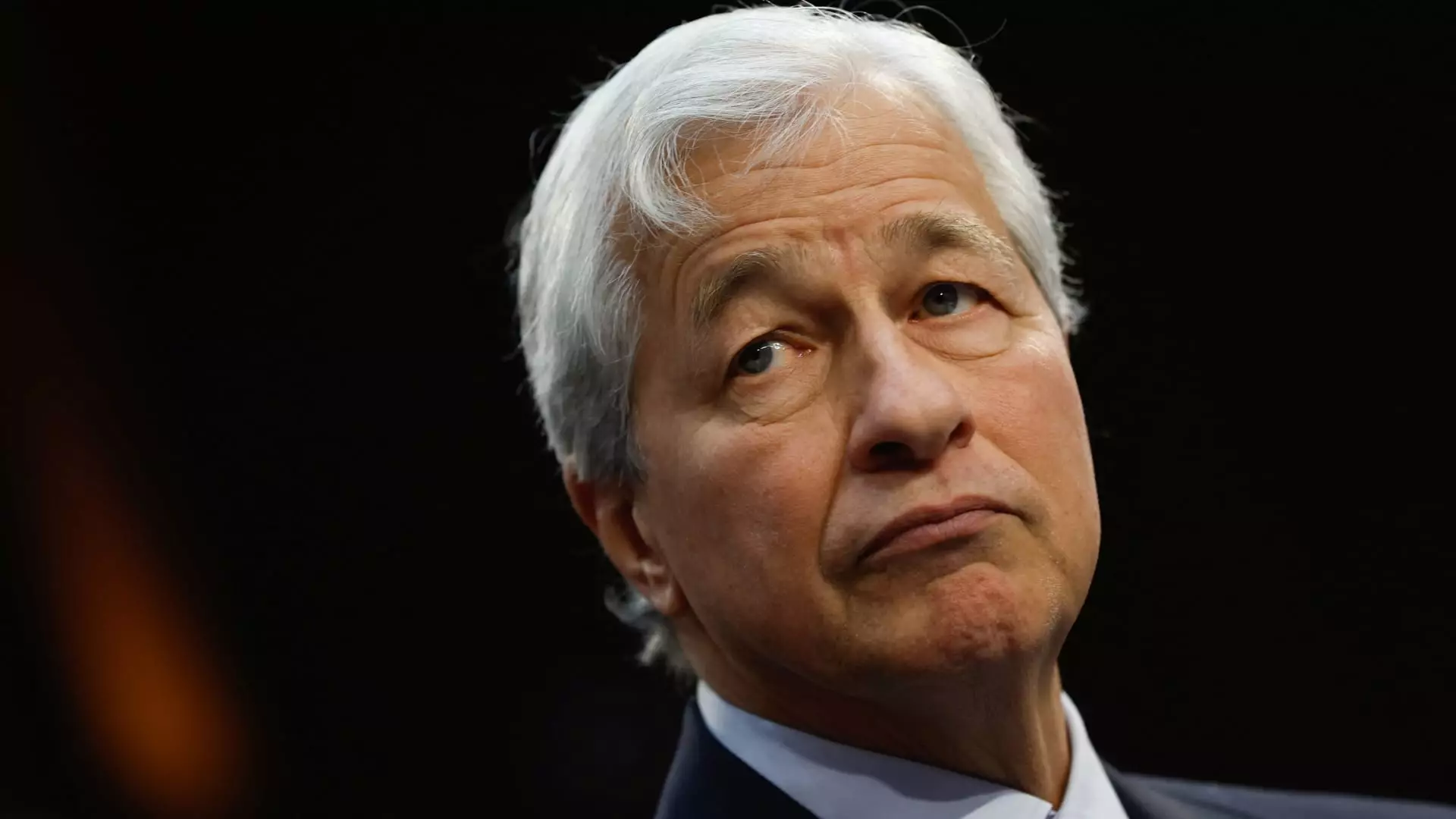In an era marked by volatility and unrest, financial leader Jamie Dimon has sounded the alarm over escalating global risks. The ongoing conflicts in the Middle East, particularly the perilous Israel-Hamas situation, coupled with the protracted war in Ukraine instigated by Russia, have raised serious concerns not only regarding humanitarian crises but also their far-reaching implications for the global economy and geopolitical stability. Dimon’s recent commentary emphasizes that the unfolding international landscape could yield repercussions that extend into the broader historical context, possibly altering how nations interact and respond to crises.
This growing instability, according to Dimon, poses a challenge reminiscent of historical upheavals, notably the turbulent conditions that followed World War II. He argues that the present geopolitical fractures—from U.S.-China tensions to the dangers posed by rogue states wielding nuclear capabilities—signal a disintegration of established global norms. Such dynamics suggest a departure from the relative stability that has characterized international relations for decades. Dimon stresses the necessity for a robust democratic leadership to navigate these treacherous waters, underscoring that the absence of decisive action could exacerbate these crises.
The Human Element Amidst Conflict
At the core of Dimon’s concerns lies profound human suffering, a tragic consequence of ongoing conflicts that have escalated in recent months. Notably, as the Israel-Hamas conflict marks its one-year anniversary since its inception last October, the casualties have surged into the tens of thousands. The situation has also devolved into broader regional confrontations involving Iran and Hezbollah, posing more complex challenges that threaten to ignite a wider war. The humanitarian toll of such conflicts cannot be overstated, begging the question of how the global community can effectively respond to both immediate and long-term consequences.
Economic Implications and Future Outlook
Dimon’s reflections extend beyond humanitarian concerns into the realm of economic forecast. Although signs suggest that the Federal Reserve has successfully navigated the economy toward a soft landing, Dimon remains cautious. He points to underlying challenges that remain unresolved, including alarming fiscal deficits, pressing infrastructure demands, and the need for global rearmament. Such factors could overshadow the positive economic indicators, creating a paradox in which political instability undermines financial confidence.
As Dimon articulated in a recent fireside chat, the need for strong American and Western leadership is paramount in addressing the complexities of our current geopolitical climate. His insights call for a reevaluation of strategies employed by global leaders, challenging them to innovate and act decisively in times of crisis. The stakes are high—not simply for the present but for the future course of history itself. In the face of such uncertainty, it becomes increasingly clear that proactive engagement and a commitment to diplomacy will be crucial in shaping a more stable future for the world at large.

